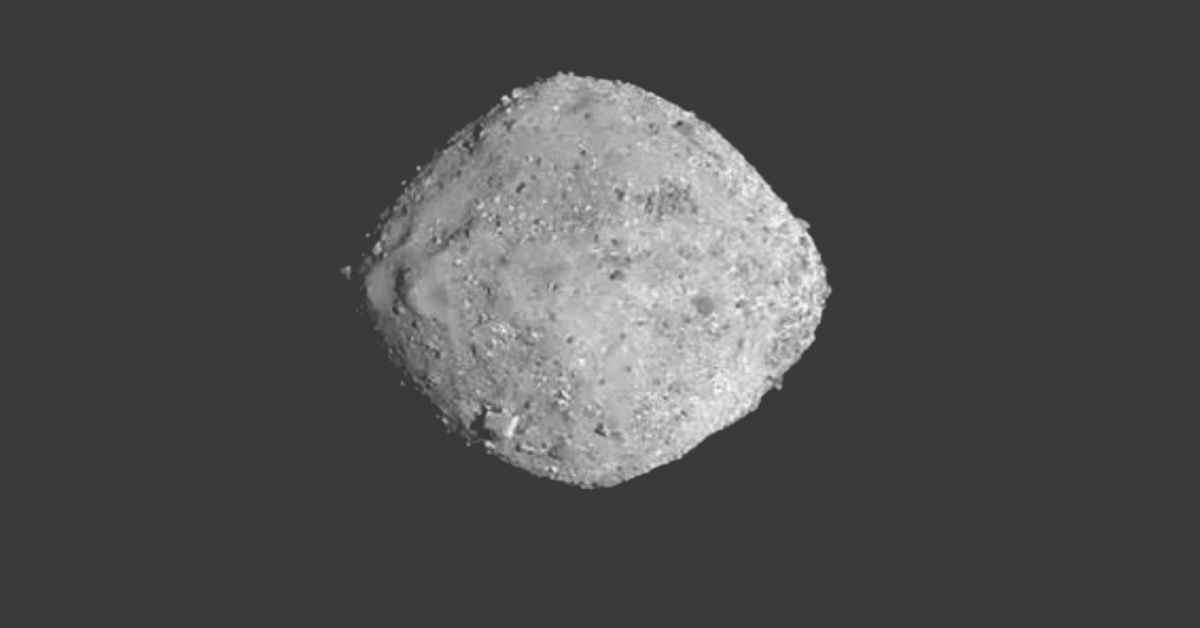What Happens if Asteroid Bennu Strikes Earth in 2182
Given the climate consequences, widespread food shortages and ecosystem collapses would be likely.

A collision could trigger a catastrophic “impact winter” with long-term climate and ecological consequences, research suggests.
Bennu, a near-Earth asteroid currently about 186,000 miles (299,000 km) from Earth, has a 1 in 2,700 chance of hitting our planet in September 2182.
If this event were to occur, the aftermath would be devastating.
Recent simulations indicate that an asteroid like Bennu, with a diameter of approximately 500 meters (0.3 miles), could inject 100-400 million tonnes of dust into the atmosphere.
This would disrupt global climate, atmospheric chemistry, and photosynthesis for three to four years.
Impact on Climate
Lan Dai, a research fellow at the IBS Center for Climate Physics at Pusan National University, South Korea, led a study published in Science Advances.
According to Dai, the dust-induced “impact winter” would cause significant solar dimming, leading to lower temperatures and decreased precipitation worldwide.
In the worst-case scenario, Earth’s average surface temperature could drop by 4 degrees Celsius (7 degrees Fahrenheit), rainfall could decline by 15%, and plant photosynthesis might shrink by 20-30%. Additionally, the ozone layer could thin by 32%, increasing exposure to harmful ultraviolet radiation.
The Immediate Aftermath
A Bennu-sized asteroid striking land would create a massive shockwave, earthquakes, wildfires, and intense thermal radiation.
A crater would form, launching vast amounts of debris into the upper atmosphere, further intensifying climate effects.
These disruptions would hamper plant growth both on land and in the ocean.
However, while terrestrial plants might take two years to recover, oceanic plankton could rebound in six months, benefiting from iron-rich dust deposits that trigger large diatom blooms.
Severe ozone depletion would result from solar absorption of dust particles, significantly altering atmospheric conditions.
Potential Human Impact
Although the study did not estimate casualties, the number of deaths would largely depend on the impact location.
Given the climate consequences, widespread food shortages and ecosystem collapses would be likely.
Bennu: A Window into the Past
Bennu is classified as a “rubble pile” asteroid—an agglomeration of loose rocks rather than a solid body.
It originated from a larger celestial object that formed around 4.5 billion years ago.
NASA’s OSIRIS-REx mission visited Bennu in 2020, collecting samples that have since revealed chemical building blocks essential for life, reinforcing theories that asteroids may have contributed to Earth’s biological origins.
Defending Against Future Threats
Earth has experienced asteroid impacts before, with catastrophic effects.
The Chicxulub impact 66 million years ago, involving a 10-15 km (6-9 mile) wide asteroid, wiped out about 75% of Earth’s species, including the dinosaurs.
NASA is actively developing planetary defense strategies. In 2022, its DART mission successfully altered the orbit of an asteroid, proving that deflecting hazardous space objects is possible.
“The odds of a Bennu-sized asteroid hitting Earth are only 0.037%, but the consequences would be severe,” said Axel Timmermann, co-author of the study. “Such an impact could lead to prolonged food shortages and climate changes comparable to some of the largest volcanic eruptions in the past 100,000 years.”
While the risk remains low, continued research and planetary defense efforts are crucial to safeguarding Earth’s future.
